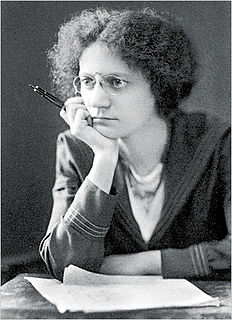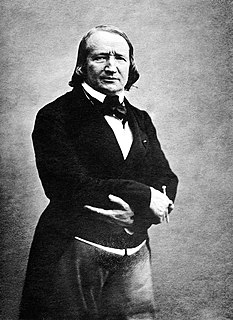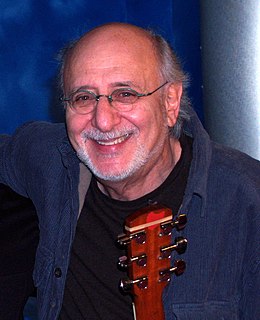A Quote by Ovid
Birth and ancestry, and that which we have not ourselves achieved, we can scarcely call our own.
Related Quotes
There is provided an escape from the narrowness and poverty of the individual life, and the possibility of a life which is other and larger than our own, yet which is most truly our own. For, to be ourselves, we must be more than ourselves. What we call love is, in truth . . . the losing of our individual selves to gain a larger self.
We are inescapably the result of a long heritage of learning, adaptation, mutation and evolution, the product of a history which predates our birth as a biological species and stretches back over many thousand millennia... Going further back, we share a common ancestry with our fellow primates; and going still further back, we share a common ancestry with all other living creatures and plants down to the simplest microbe. The further back we go, the greater the difference from external appearances and behavior patterns which we observe today.
When we are in love, our love is too big a thing for us to be able altogether to contain it within ourselves. It radiates towards the loved one, finds there a surface which arrests it, forcing it to return to its starting-point, and it is this repercussion of our own feeling which we call the other's feelings and which charms us more then than on its outward journey because we do not recognise it as having originated in ourselves.
We are not born all at once, but by bits. The body first, and the spirit later; and the birth and growth of the spirit, in those who are attentive to their own inner life, are slow and exceedingly painful. Our mothers are racked with the pains of our physical birth; we ourselves suffer the longer pains of our spiritual growth.
In order to find God in ourselves, we must stop looking at ourselves, stop checking and verifying ourselves in the mirror of our own futility, and be content to be in Him and to do whatever He wills, according to our limitations, judging our acts not in the light of our own illusions, but in the light of His reality which is all around us in the things and people we live with.
We've lived through a time in which people have felt they could forge their own future and make a better world. We may not have achieved our dreams in the time frame that we once believed was realistic, but the magnitude of what is yet to be achieved only confirms the importance of our commitment. Knowing this, we can't stop now.
The fact, however, to which I want to call attention is that the master of Judo never relies upon his own strength. He scarcely uses his own strength in the greatest emergency. Then what does he use? Simply the strength of his antagonist. The force of the enemy is the only means by which that enemy is overcome.






































